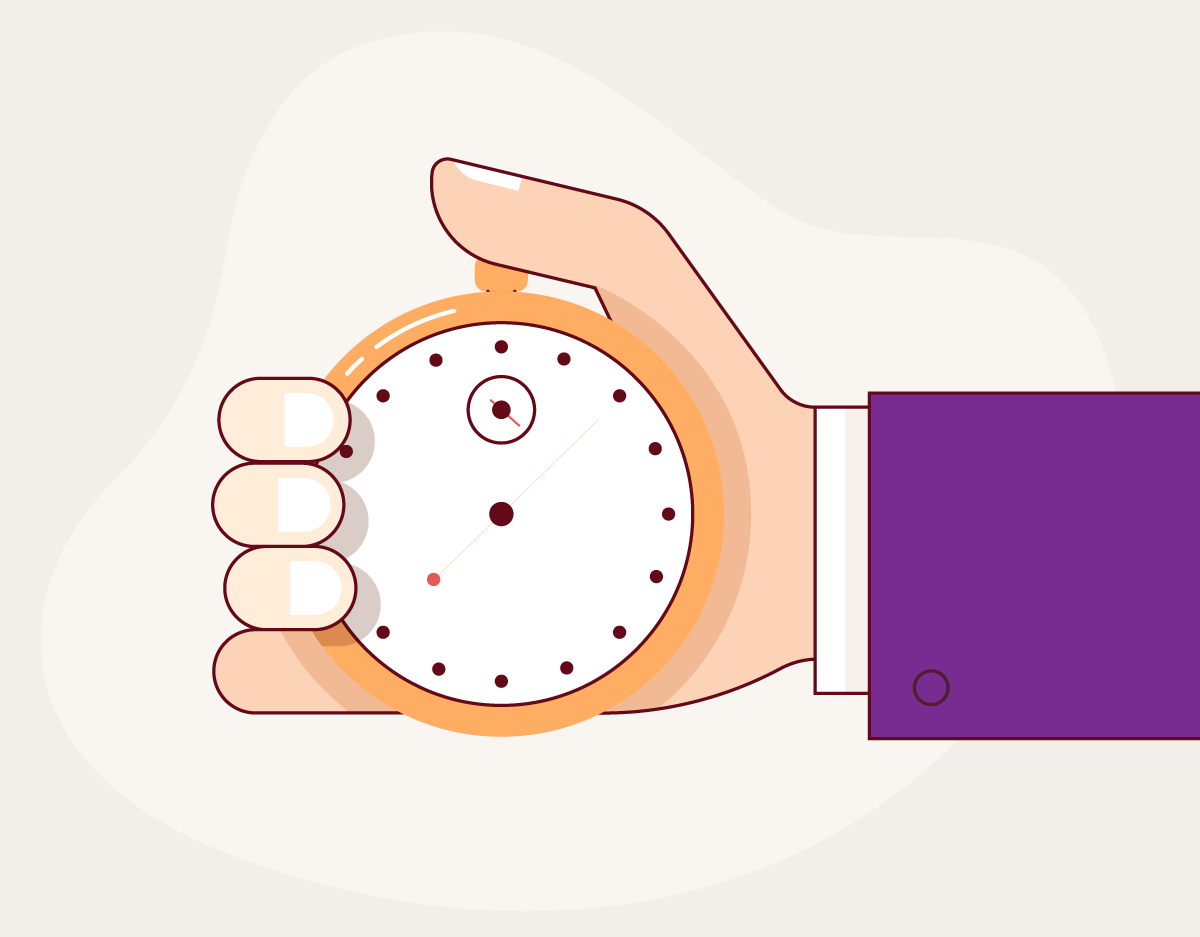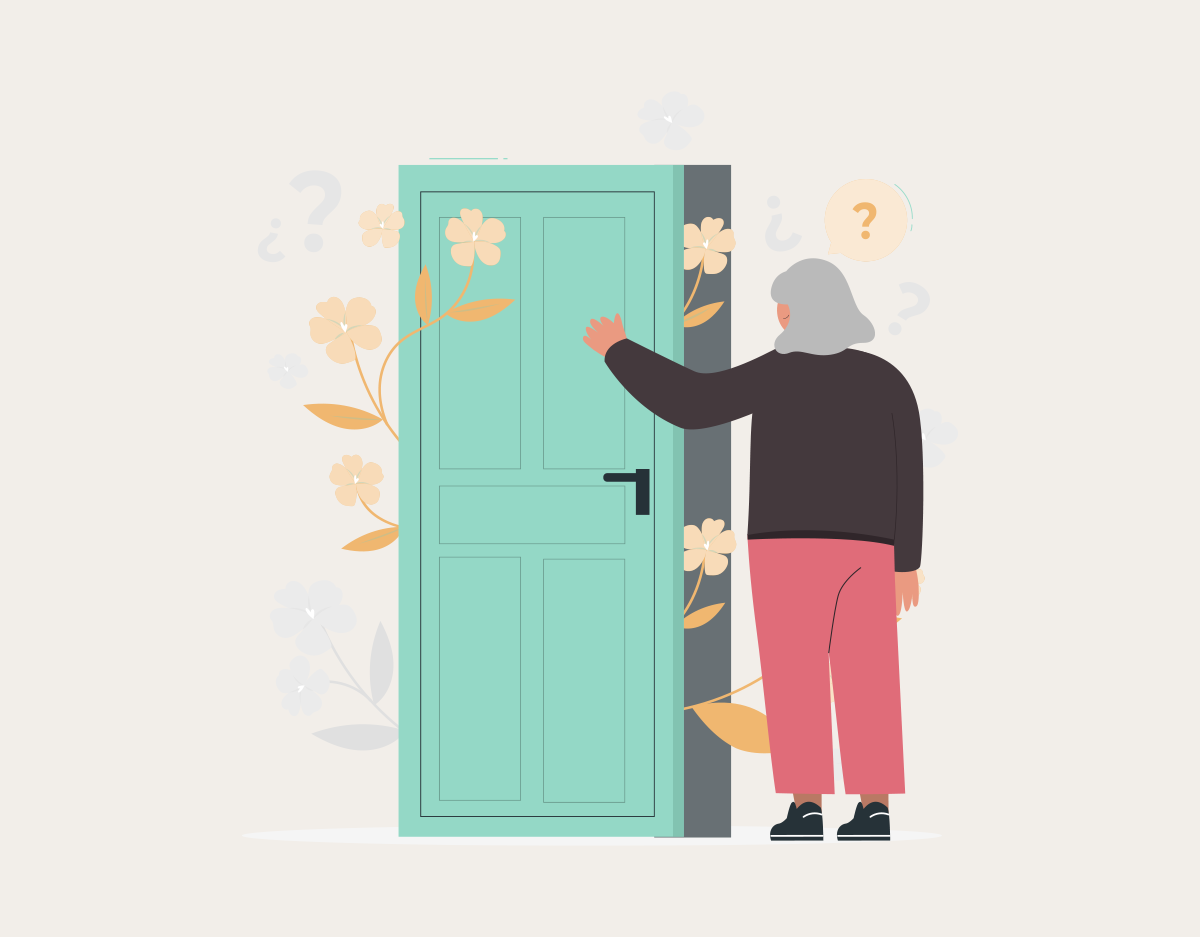Solve your own problems in therapy
“I solve my own problems.” This is a phrase often uttered by someone who has been advised to try therapy. For therapists, the answer to this question is, “We think so too.”
There is a myth that therapy is an opportunity to get advice. Based on this logic, therapists have all the answers, knowing what is best to solve the personal, emotional, and relationship challenges of others. It is true that therapists are experts, with years of experience and training. However, they are experts in change, not life.
Therapists do not solve problems for others. If you find yourself with a therapist who is providing you with advice, proceed with caution. The best therapists are those who know that people have their own answers. From there, they support the journey of change for people experiencing a life challenge that has gone beyond their current abilities to cope. There are a variety of tools therapists use to support change.
1. Creating safety
People often get stuck because they become overwhelmed by or disconnected from their feelings about a situation. Once this occurs, they stop thinking from their logical brain, so the answers are difficult to see. Creating the time and having a safe place to allow the feelings to surface, can clear the fog. When feelings are connected and calm the solutions can be obvious.
2. Asking the right questions
Great questions are the therapist's greatest tool to support change and most therapists have a toolbox full of them. Questions can help people understand their situation or challenge from different angles, which may result in revealing the solution. Rather than having the answer, a good therapist gets curious and asks the questions that lead the way to change.
3. Creating a plan
Once the feelings are resolved, and the thinking is clear it is time for action. A therapist can support you in creating and following a plan of change. There is no one right plan to meet your goals. Plans are customized to meet the unique needs of each person. However, therapists often have great ideas to consider for your action plan because they have the advantage of walking alongside many others who have successfully created plans and met their goals.
So, if you thought therapy would be as easy as talking to an expert and getting advice, you may be disappointed. Therapy takes some effort to find your own solutions and create a plan that will work for you. However, with the right therapist, change is possible. So even though you will solve your own problems, good therapy is worth the effort.














